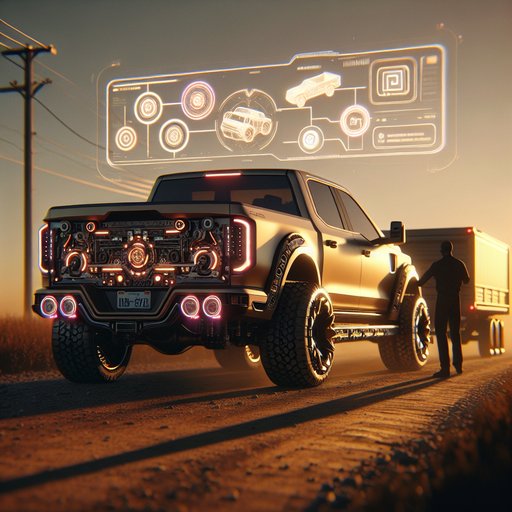
Electric vehicle manufacturers have reported significant sales growth in their latest quarterly results, even as the industry faces mounting challenges. While startups like Lucid and Rivian celebrate record deliveries, traditional automakers are navigating a complex landscape of changing incentives and market dynamics, with some manufacturers already adjusting their forecasts in response to global economic pressures.
Lucid Motors achieved its strongest quarter to date, delivering 4,078 vehicles in the third quarter of 2025, marking a notable milestone for the luxury EV startup [1]. This success comes at a crucial time for the electric vehicle sector, as manufacturers face the imminent expiration of federal tax credits that have historically boosted sales.
The broader EV market is experiencing significant shifts, with automakers worldwide reevaluating their electric vehicle strategies in anticipation of potentially declining sales following the end of federal tax incentives [2]. Rivian has also reported strong performance, with sales showing substantial growth in Q3, though questions remain about maintaining this momentum in the changing market landscape [3].
Meanwhile, traditional luxury automaker BMW has faced its own challenges, leading to a downward revision of its 2025 profit forecast. The German manufacturer cites several factors for this adjustment, including weakening growth in the Chinese market and ongoing issues with tariff reimbursements [4].
















